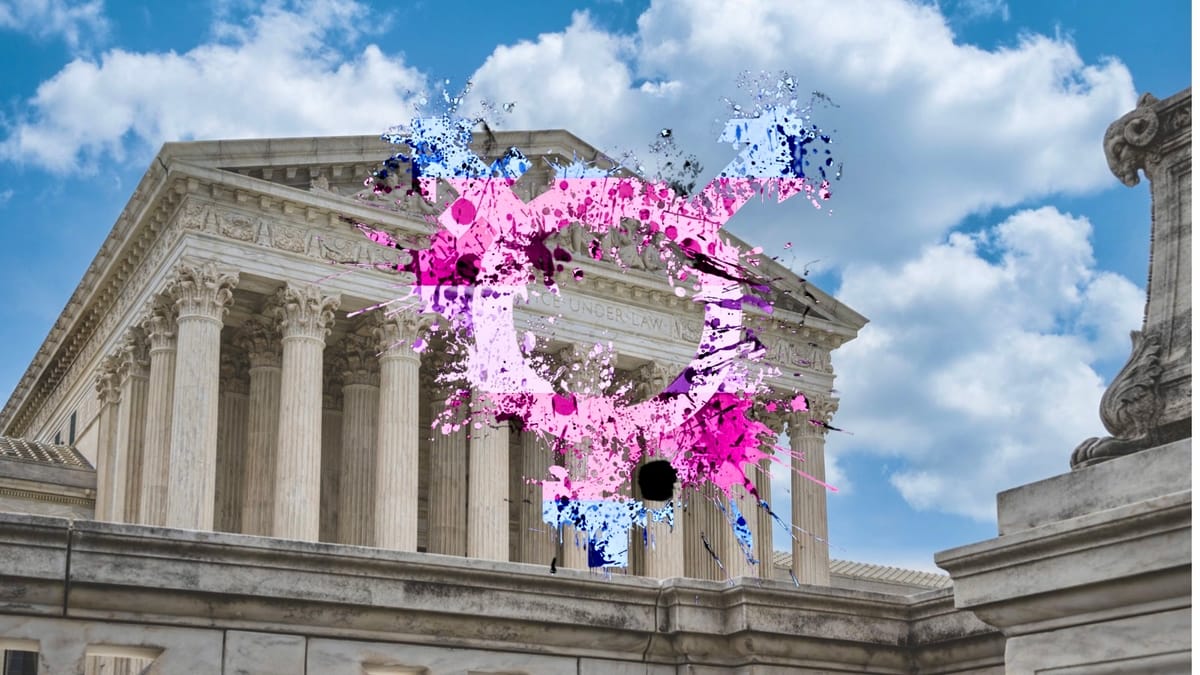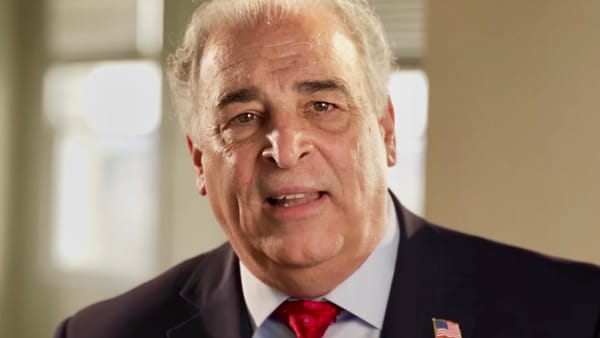Supreme Court Upholds Tennessee Ban on Gender-Affirming Care for Minors in Skrmetti Case
SCOTUS decision in United States v Skrmetti effectively ends challenges to Alabama’s Alabama Vulnerable Child Compassion and Protection Act

The U.S. Supreme Court (SCOTUS) has upheld a Tennessee law that prohibits gender-affirming medical care for minors, marking a significant legal and political moment in the national debate over transgender rights. In a 6–3 decision on United States v Skrmetti issued Wednesday, the Justices ruled that the law does not violate the Fourteenth Amendment’s Equal Protection Clause. The law, passed in 2023, bans puberty blockers, hormone therapy, and gender-related surgeries for individuals under 18.
Writing for the majority, Chief Justice John Roberts emphasized that the Court’s role is not to evaluate the policy’s wisdom or fairness, but to determine whether it complies with constitutional protections. “Our role is not ‘to judge the wisdom, fairness, or logic’ of the law before us, but only to ensure that it does not violate the equal protection guarantee of the Fourteenth Amendment,” Roberts wrote. The Court applied a rational basis review, the most lenient standard of judicial scrutiny, and found Tennessee’s law passed that test.
This decision sets a precedent likely to protect similar laws in other states from legal challenges based on equal protection grounds. At least two dozen States have already passed laws restricting gender-affirming care for minors, and today’s ruling may encourage similar legislation in other States. The majority declined to treat transgender identity as a protected classification under heightened legal scrutiny, meaning States have wide leeway to regulate medical treatments involving minors.
The Court’s three liberal justices—Sonia Sotomayor, Elena Kagan, and Ketanji Brown Jackson—dissented. Justice Sotomayor, delivering her dissent from the bench, said the majority abandoned transgender youth “to political whims.” She argued that the Tennessee law amounts to a sex-based classification and should have received more rigorous scrutiny. “By retreating from meaningful judicial review exactly where it matters most, the court abandons transgender children and their families,” she said.
Reaction to the ruling was swift and divided. Tennessee Attorney General Jonathan Skrmetti, who defended the law in court, praised the decision as a major win. “In today’s historic Supreme Court win, the common sense of Tennessee voters prevailed over judicial activism,” Skrmetti said in a statement. “The rapid and unexplained rise in the number of kids seeking these life-altering interventions, despite the lack of supporting evidence, calls for careful scrutiny from our elected leaders. … Today’s landmark decision recognizes that the Constitution lets us fulfill society’s highest calling — protecting our kids.”
Alabama Attorney General Steve Marshall, who had filed an amicus brief with SCOTUS in support of Skrmetti, commended the Justice’s decision:
“Until a few years ago, the notion of providing sex-change procedures to children was practically unthinkable,” said Attorney General Marshall. “So was the idea that the judiciary is the best branch to sort through the evidence and decide that kids suffering from gender-related psychological distress must be allowed to take powerful hormones that risk permanently changing their bodies and leaving them sterilized. I applaud the Supreme Court for recognizing that state governments have the authority and responsibility to regulate medicine in the face of medical interest groups that have placed radical gender ideology over evidence-based medicine and patient welfare.”
Recently, objections to a similar law in Alabama, the Vulnerable Child Compassion and Protection Act, were formally withdrawn by the American Civil Liberties Union (ACLU) and the Southern Poverty Law Center (SPLC). This effectively ended legal action against the 2022 Alabama law, allowing it to stand.
Advocacy groups condemned the ruling. Chase Strangio, Deputy Director for Transgender Justice at the ACLU who had argued the case at SCOTUS, said in a statement that, “Today’s ruling is a devastating loss for transgender people, our families, and everyone who cares about the Constitution. Though this is a painful setback, it does not mean that transgender people and our allies are left with no options to defend our freedom, our health care, or our lives. The Court left undisturbed Supreme Court and lower court precedent that other examples of discrimination against transgender people are unlawful.”
Some medical groups expressed concern over the ruling’s long-term effects. The American Academy of Pediatrics, which supports gender-affirming care when guided by doctors and families, said decisions about a child’s health should be made free from political interference. Pediatricians and mental health professionals warn that cutting off access to care could harm the well-being of transgender youth and their families.
Others were quick to note, as ALPolitics.com has previously reported, the growing evidence-based consensus that gender-affirming care for minors does not, in fact, improve outcomes for these children.
Though the Skrmetti ruling does not affect protections for transgender adults or workplace rights under federal law, it draws a sharp line when it comes to the medical treatment of minors.




